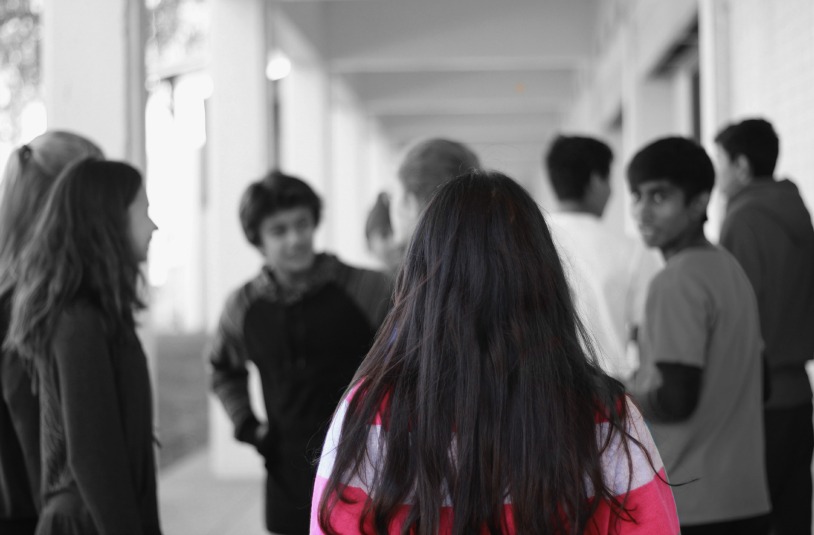Nearly 16 days ago, I faced what my fellow AP Literature students would call a “blasphemy of nature,” the incomprehensible idea that I, a 17-year-old high school senior taking AP Literature, was stupefied by a question about making inferences. The question in front of me was simple enough: Complete each sentence by making an inference about each subject. “Dill is a child who is ________”.All I had to do was guess, but for some reason my past three years in literature failed me in my most dire time of need: freshman literature.
Let me explain. A couple weeks ago, I left the reign of 2016 and entered the unknown land of 2019. I followed freshman Claire Chang to her classes: elementary biology, rudimentary literature, the typical freshman schedule. I started my day thinking it would be a break from my college application-and-AP-oriented life, and it had been, until I was faced with the inexplicable Dill Harris from Harper Lee’s “To Kill A Mockingbird.”
After contemplating the question (and my sanity), I concluded that there was no way I could answer it. There were layers and layers of Dill, and trying to fit him in a little blank would be as utterly wrong as, well, killing a mockingbird. I knew I just had to simplify my thinking. But it wasnít that I refused to simplify my analysis, I just couldnít. Since leaving the confines of freshman literature, I have forgotten what it means to think simply. I have forgotten what it means to be a freshman.
But as I followed Chang around, being a freshman suddenly reminded me of the first time I went ice-skating. I walked into the rink with a perfect plan: stick to the wall like a barnacle. My friends tried to make me let go, but why on Earth would I venture to the center of the rink when there was this nice, solid wall to support me? The skates on my feet weren’t exactly stable and I preferred my body intact. To me, my decision was black and white: Not do, or die.
Freshman year was my first attempt at the skating rink that was high school. I remember when I was a freshman, a Link leader came in and told the class, “it’s way too early to be thinking about college now.” I thought he was a nutcase, that it couldn’t possibly be too early to start thinking about college. Besides, I had it figured out already. I was going to major in biology, become a doctor, start my own clinic and come back to teach in 40 years. I was scared of uncertainty then. There was too much ice and only my wobbly skates to support me. So I took the simple course of action and designed my future, hoping it would keep me from falling.
It had been a great plan, until I met a certain fetal pig and learned the truth about dissections. That forced the question, what happens if I let go of the wall? I fall, duh. And if I don’t? Eventually a couple of my friends coaxed me away from the wall and I slowly began to skate. It was only after some frightening almost-falls that I discovered my true passion.
So sitting in freshman Biology with Chang, one freshman girl asked me, “I see people that have their whole paths figured out with their four year plans and such. It’s way too early to be thinking about this sort of thing, right?”
I found myself saying, “It’s definitely too early.”What four-year paper plan was going to be able to predict the bends of her life?
It’s hard to describe what changed, but the moment I found myself back in freshman shoes, I realized that my feet didn’t fit them anymore. Cornell notes in biology, A-B-C theses in literature and homework collected every day in math— all these things represented the simplicity of freshman year. I needed the freedom to make mistakes. Although some of these freedoms seemed insignificant, as I relived my day as a freshman, I realized I’d gotten so used to them, that suddenly their absence seemed stifling. I don’t want straightforward and simple anymore, not if it means losing the lessons I have learned and the maturity I have gained.
I couldn’t simplify Dill in all his glory. It wouldn’t do Dill, or me, justice.









